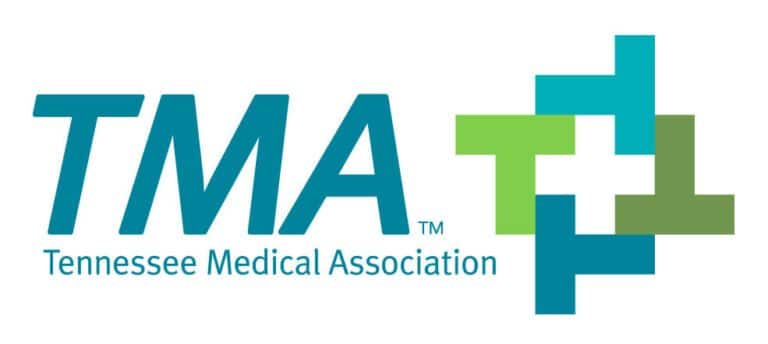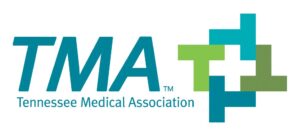Special Session on Public Safety Adjourns, Mental Health Proposals Meet Doom
The first extraordinary session of the 113th Tennessee General Assembly concluded Tuesday morning following a contentious week of committee hearings and a days-long impasse between House and Senate Republicans that yielded passage of only four bills.
In a proclamation announced Aug. 8, Gov. Lee charged lawmakers with addressing a slew of legislative priorities that included issues like school safety, mental health access and reporting, and limited firearm reform measures. Many rank-and-file Republicans were quick to denounce any extreme risk protection order or “red flag” legislation proposed by the governor earlier this summer, while Democrats decried the narrow call of the proclamation which preempted them from discussing a broad slate of firearm policy ideas.
With over 100 bills filed, lawmakers gaveled in legislative proceedings on Monday, Aug. 21 with a noticeable divide between the upper and lower chamber. Several of Gov. Lee’s administrative proposals received no Senate sponsor, signaling instant procedural failure. Others were introduced by sponsors other than the Senate Majority Leader, as is customary. Among those deemed non-starters for Senate members were TMA-opposed measures related to expanding prescribing authority for psychiatric nurse practitioners and psychologists. Aware that these bills might be introduced, TMA’s government affairs staff successfully lobbied legislators and the governor’s office to halt them before they could be filed.
The gap in legislative ambitions appeared to widen on Tuesday, Aug. 22 as the first Senate committee hearing quickly dispensed with its calendar through a parliamentary procedure known as a tabling motion, simply meaning that the bills would receive no further action. The bill under consideration— a proposal that would require insurance carriers (including TennCare providers) to cover mental health treatment to the same level as drug addiction— had been a top priority of House Speaker Cameron Sexton (R-Crossville).
Despite a marathon hearing in the House Criminal Justice Subcommittee which took up 33 bills in four hours, the Senate closed committees two days into the special session after passing just four bills, one of which was a spending measure. Senate Republicans coalesced around three policy proposals that codified Gov. Lee’s spring executive order:
- Creating a sales tax exemption on gun safes and storage devices, and directing the Department of Safety to provide free gun locks and sponsor a public service announcement campaign on safe gun storage;
- Directing the Tennessee Bureau of Investigation to create a new report on human trafficking and submit it to the governor and legislature; and
- Reducing the timeline for court clerks to notify TBI of the final results of criminal proceedings for purposes of updating the state database used for background checks.
Still, House Republicans trudged on with their legislative agenda hoping to pressure the upper chamber into reconsidering its actions on a number of other mental health and school safety measures, but to no avail. Even after news spread that Gov. Lee had convened a meeting between House and Senate leadership to encourage them to work together, both chambers remained in a bitter stalemate that prolonged session into early the next week.
By Tuesday, Aug. 29, news emerged that Republican leadership had reached an agreement on which bills to pass and fund to end the session. Ultimately, the Senate had succeeded in its efforts to limit the number of legislative proposals passed, but the House was successful in obtaining additional funding for state agencies and the mental health safety net. In total, lawmakers appropriated more than $100 million to fund certain public safety measures including:
- $1.6 million in recurring revenue decreases to permanently end the sales tax on gun safes
- $1.1 million nonrecurring to fund a public service announcement campaign on gun storage
- $10 million nonrecurring for school safety grants to provide public and charter schools with full-time school resource officers for the 2023-24 school year
- $50 million nonrecurring for community mental health agencies
- $12.1 million nonrecurring for sign-on and retention bonuses for behavioral health professionals at the Department of Mental Health and Substance Abuse Services
- $3 million nonrecurring for a scholarship program assisting Tennessee residents pursuing a degree in a behavioral health related field with an educational stipend
- $4 million nonrecurring for the mental health safety net
- $30 million nonrecurring in school safety grants for public and private colleges and universities
- Funding to pay for legislative per diem and travel expenses incurred during the special session
While TMA had aimed to secure an education loan repayment program for psychiatrists who practice in Tennessee at least five years after the completion of their training, the proposal was never taken up in the Senate. Likewise, efforts to ensure parity coverage for mental health and substance abuse treatment in health insurance networks died resoundingly in the Senate Commerce and Labor Committee with less than a minute of consideration.
Although TMA did not achieve its top legislative priorities this special session, lawmakers did infuse additional investment into retaining behavioral health providers in the state and expanding the capacity of mental health services.







